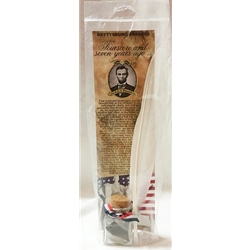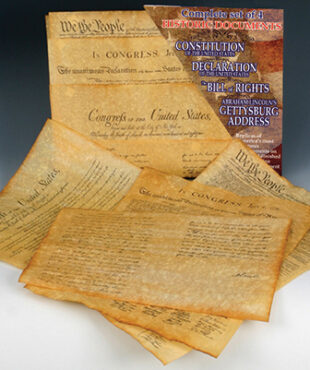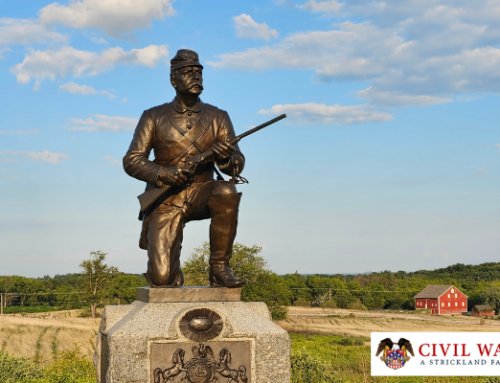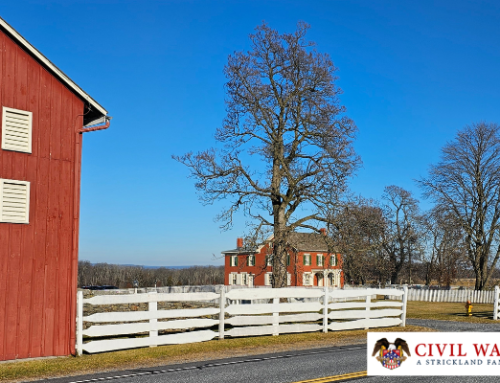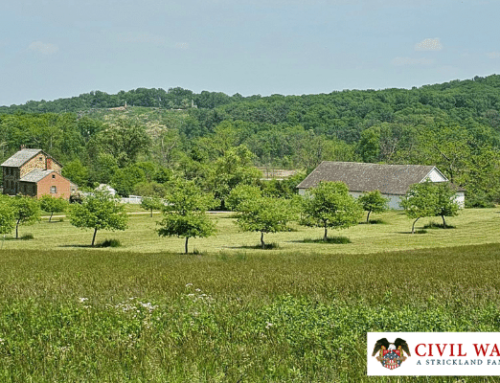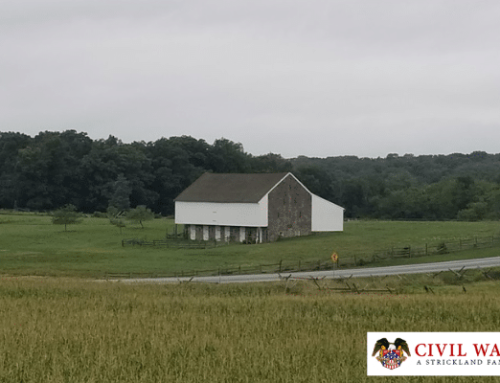The Gettysburg Address: Lincoln’s Historic Visit and Timeless Legacy
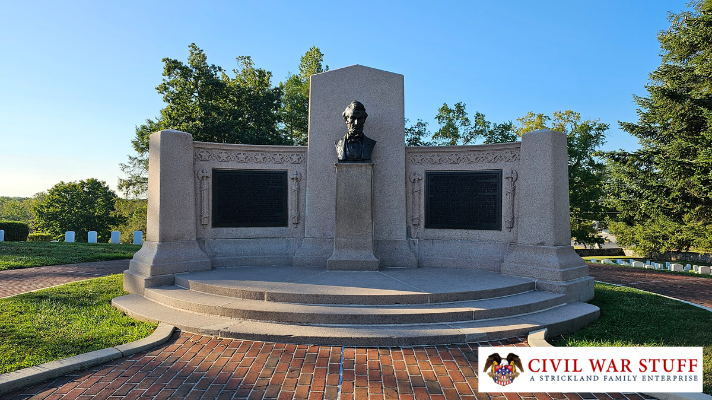
On a crisp autumn day in 1863, President Abraham Lincoln embarked on a journey to the small Pennsylvania town of Gettysburg. Little did he know that this trip would culminate in one of the most iconic speeches in American history—the Gettysburg Address. In this article, we will delve into Lincoln’s trip to Gettysburg, his stay in the town, and the profound impact of his words on the nation.
The Journey to Gettysburg
In November 1863, the American Civil War was at it’s height, and the Union was grappling with the aftermath of the Battle of Gettysburg—a pivotal conflict that marked a turning point in the war. The town bore the scars of battle, with its fields still littered with the remnants of war. President Lincoln and his entourage undertook a train journey from Washington, D.C. to Gettysburg. His trip was not without challenges; delays and logistical issues plagued the journey, but Lincoln was determined to make it to the battlefield.
Lincoln’s Stay in Gettysburg
Upon his arrival in Gettysburg, Lincoln was hosted at the home of David Wills, a prominent local attorney who had played a pivotal role in organizing the dedication ceremony for the Soldiers’ National Cemetery, where thousands of Union soldiers were buried. Lincoln’s stay in Gettysburg was brief but significant. He spent the night at the Wills house, working on his speech and contemplating the weighty task that lay ahead.
The Gettysburg Address
On November 19, 1863, thousands gathered at the cemetery for the dedication ceremony. Abraham Lincoln, dressed in his customary black suit and stovepipe hat, took the stage. The Gettysburg Address, delivered in just over two minutes, consisted of a mere 272 words, but its impact would resonate for generations to come.
In his speech, Lincoln began by acknowledging the Founding Fathers and the principles upon which the nation was built, particularly emphasizing the idea that all men are created equal. He then turned his attention to the Civil War, describing it as a test of whether the Union, “conceived in liberty and dedicated to the proposition that all men are equal”, could endure. He praised the soldiers who had given their lives in the battle, stating that it was for the living to continue the unfinished work they had begun.
Lincoln’s Address concluded with a call for a “new birth of freedom” and a government “of the people, by the people, for the people.” These words resonated deeply with the audience, and their significance was not lost on those who heard them. Lincoln’s eloquent and concise expression of the principles of liberty and democracy in the face of the nation’s greatest crisis left an indelible mark on American history.
Legacy and Impact
The Gettysburg Address was initially met with mixed reviews, with some newspapers criticizing its brevity and simplicity. However, over time, it gained widespread recognition as one of the most powerful speeches ever delivered. Its enduring message of unity, equality, and democracy captured the essence of the American spirit.
The address transformed the way Americans thought about their country and its ideals. It came to symbolize the struggle for freedom and equality and served as a beacon of hope during a tumultuous period in the nation’s history.
Abraham Lincoln’s trip to Gettysburg and his delivery of the Gettysburg Address stand as a testament to his leadership during a pivotal moment in American history. His concise but profound words continue to inspire and resonate with people around the world. The Gettysburg Address serves as a timeless reminder of the enduring values upon which the United States was founded and the sacrifices made to preserve them. It is a reminder that, as Lincoln eloquently stated, “that government of the people, by the people, for the people, shall not perish from the earth.”



